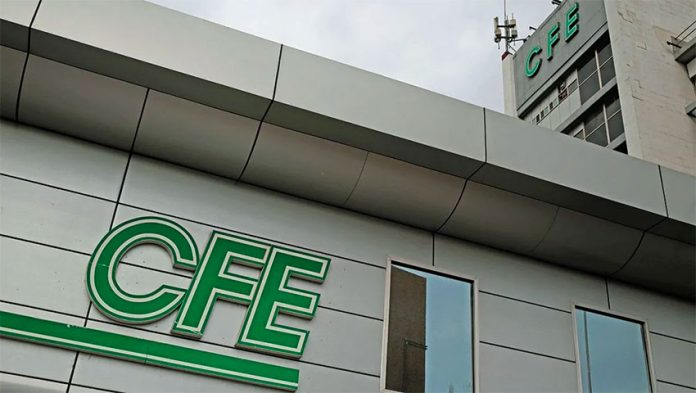The pension costs of the Federal Electricity Commission (CFE) more than tripled in 2020 due to the entry into force of a new collective labor agreement that lowered the retirement age for employees.
The state-owned utility reported to the Mexican Stock Exchange that it had pension obligations of just under 120.8 billion pesos (US $5.7 billion) last year, an increase of 236% compared to 35.9 billion pesos (US $1.7 billion) in 2019.
The sharp increase is the result of a 2020-2022 collective agreement between the CFE and the electrical workers union, or Suterm, that lowered the general retirement age from 65 to 55.
The agreement was forged after CFE chief Manuel Bartlett made an offer to Suterm to return to the retirement scheme that existed prior to 2016 in exchange for the union agreeing not to interfere in the management of the company.
When the deal was struck, several analysts warned it would have a significant negative effect on the company’s bottom line. Rosanety Barrios, an energy sector expert, said the CFE’s pension expenses will only continue to go up as more workers retire at a younger age.
The utility’s bottom line did indeed take a hit in 2020: the company reported a net loss of 78.92 billion pesos (US $3.8 billion) compared to a 25.67-billion-peso profit in 2019.
The CFE had total revenue of 503.63 billion pesos (US $24.1 billion) last year, a 10% decline compared to 2019 due to lower demand for energy amid the coronavirus pandemic. The net loss was the company’s first since 2015.
The company’s costs rose by 4.82 billion pesos to 484.2 billion pesos last year and higher pension expenses was one of the drivers of the increase.
Source: Reforma (sp), El Economista (sp)
